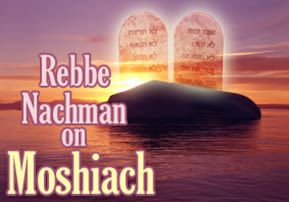
Rebbe Nachman on Mashiach
Rabbi Nachman said that great heresy will spread throughout the world. Fortunate is the person who will strengthen himself with faith in those times...

The Test of the End of Days
Rabbi Nachman said that great heresy will spread throughout the world.
Fortunate is the person who will strengthen himself with faith in those times.
He said that his warning of heresy and his exhortation that one must strengthen oneself with faith will not help. There were others, such as Daniel, who foretold that before the coming of the Messiah, many will be tested and refined, that the evil will worsen, while the wise will have understanding, and so on.
Rabbi Nachman foretold that this would be a test before the coming of the Messiah. Many would be tested and refined in their faith. The person who would pass the test and retain his faith would be fortunate and would attain all the good that is destined to come to us (may it be soon and in our days) about which the prophets and wise men prophesied.
If so, everyone should take care to remain strong in his faith. Since this prediction is already common knowledge, there will be no test.
But nevertheless, this will still be a great test.
Many will do evil. As the verse says, “The wicked will act wickedly” (Daniel 12:10).
“I am telling this in advance for the sake of those few good people who will be strong in their faith. They will have great internal battles. But my words will console and strengthen them, for they will see that someone already predicted this.” (Sichot Haran 35).
Greatness in the End of Days
Rabbi Nachman said that there will be a time that a simple, kosher person will be as extraordinary as the Baal Shem Tov was in his day. (Sichot Haran 36).
Calculating the Coming of the Messiah
A number of Torah leaders have calculated the time of the Messiah’s coming. In our time, people said that various events meant that the Messiah would soon come; and this has also occurred in previous generations.
Rabbi Nachman didn’t agree with this. He said that every time people say the end has come, it is certain that the Messiah will not come.
The Zohar has already cursed all those who calculate the end, for the son of David will only come when people are distracted (Sanhedrin 97a). Now people are saying that the messiah will come in 5600 (1839-40), and they imagine that there are hints to that effect in the holy Zohar. But he is certain not to come at that time. Perhaps he will come before 5600, or afterwards, but not in 5600, because everyone is looking toward that date.
Whenever people say that the Messiah will come at a certain time, he won’t come then.
But he will come and he will not be delayed, speedily and in our days, when people are completely distracted, when no one will be calculating that time as his coming. Then he will suddenly arrive. (Chayei Moharan II, p. 61, #81).
The Messiah Will Come Suddenly
Rabbi Nachman said that the Messiah will come suddenly. There will be a great cry that the messiah has come. Everyone will throw aside his business. The banker will cast aside his business, and the candle-maker will cast aside his wax. As the verse says, “They will cast aside their gods of silver and gold” (Isaiah 2:20). (Chayei Moharan II, p. 74, #145).
Nature Will Not Change
It isn’t true that, as some people think, the world will be different than it is now after the messiah comes. He [will be here,] and everyone will be ashamed of his foolish actions. (Chayei Moharan II, p. 74, #145).
Even the Messiah Will Die
People think that there will be no more death after the messiah comes. This is not so. Even the messiah will die. (Chayei Moharan II, p. 13, #35).
My Fire Will Burn Until the Messiah
Even though Rabbi Nachman said, “My fire will burn until the messiah will come,” every Breslover must arouse himself every day. There are various explanations of the word “burn,” “t’luen.” Even if only a few small sparks are left from the fire, that too is considered “burning.” (Avanehah Barzel, p. 70).
We Have Already Tasted the Good Wine
Once a great merchant traveled with fine Hungarian wine. His servant and wagon driver told him, “We are traveling with this wine, and we are suffering so much. Give us some wine to taste.”
He gave them some of the wine.
A while later, this servant happened to be among wine-drinkers in a small town. The others drank some wine and praised it highly, saying that it was Hungarian wine.
The servant said, “Let me try some.”
When they gave him some, he said, “This isn’t good Hungarian wine at all.”
They were angry and rebuked him. But he answered, “I know that this isn’t good Hungarian wine because I have already had much better.” But they didn’t pay any attention to him.
Rabbi Nachman said, “In the future, when the Messiah will come, when this old wine is given to others, they will be fooled; one will be able to give them Wolochian or Stravitzer wine, and tell them that it is good wine. But our people cannot be fooled, for we have already tasted the good wine.” (Chayei Moharan II, p. 10, #20).
The Messiah Will Be One of My Offspring
Rabbi Nachman said, “What will happen with me, I do not know. But I have accomplished this with God: the righteous redeemer will be one of my offspring.”
He said this in public.
He admonished us to honor his children, for they are precious trees, from whom will grow good and wondrous fruits.
He said that he took his offspring from the high spiritual level of Atzilut (Emanation). (Chayei Moharan II, p. 13, #34).
The Days Preceding the Messiah
On the evening following Shabbat Teshuvah, 5570 (1809), people were talking about the Messiah. People were saying that he would come that year.
But Rabbi Nachman did not agree. He said then that before the Messiah comes, people will generally not be crying out about faith. “Although there will be a number of tzaddikim then who will be crying out in a great voice about faith as I am today, until they become hoarse, it will not help.”
The verse says, “Whoever remains in Zion and the remnant in Jerusalem will be called holy” (Isaiah 4:3). Our sages commented, “In the future, tzaddikim will be called ‘holy’ in the same way that God is called holy” (Bava Batra 75b)—in the simple sense of the word.
Without a doubt, the tzaddikim then remaining then who will be strong and maintain their holy faith will be fit to have even more said about them, because they will keep their faith and will not allow themselves to fall and be led astray.
There will be a number of false leaders. It is clear that there will not be a group of people, like us today, who really want to hear the word of God. There will be a number of kosher people in the generation, but they will be scattered.
“Write this as a remembrance in a scroll” (Exodus 17:18), so that people will be aware in the days to come that someone knew this ahead of time. This will help them strengthen their faith in God and in His true tzaddikim. (Sichot Haran 126)
***
From “Chambers of the Palace”, an anthology of Rebbe Nachman’s writings abridged and translated by Yaacov Dovid Shulman. Writer, translator, and editor. Yaacov Dovid Shulman can be contacted at: yacovdavid@gmail.com




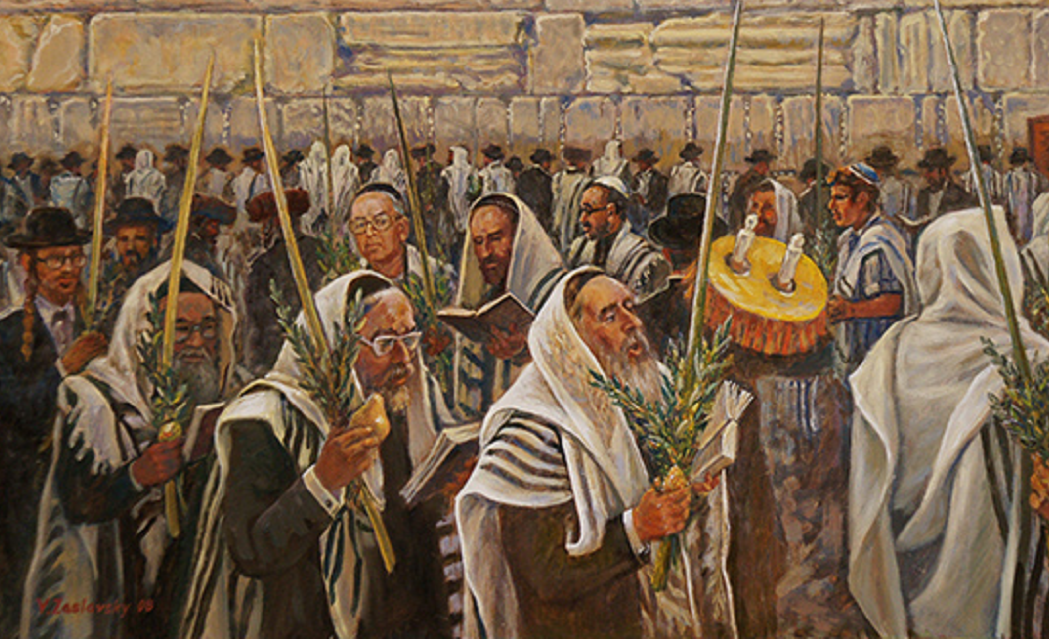
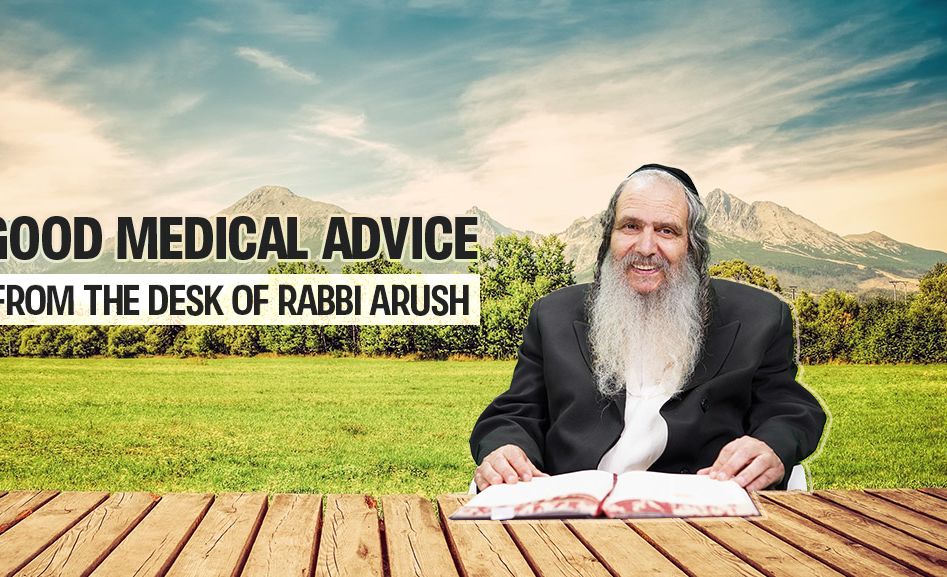
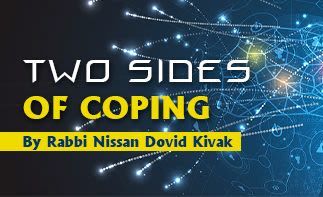
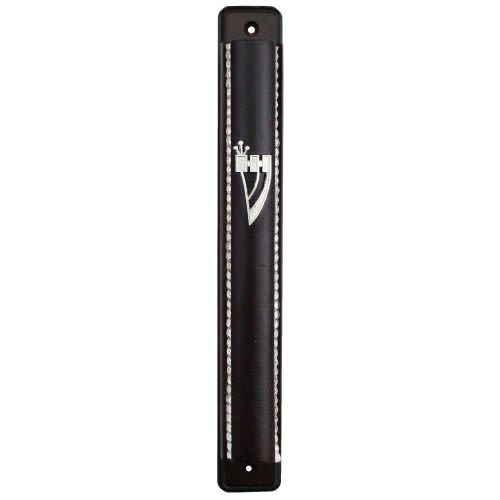
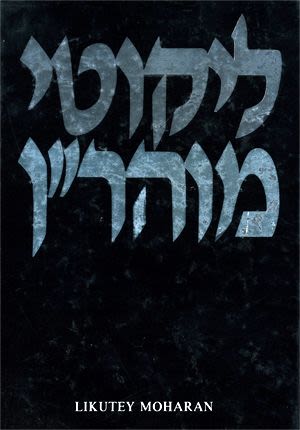
Tell us what you think!
Thank you for your comment!
It will be published after approval by the Editor.